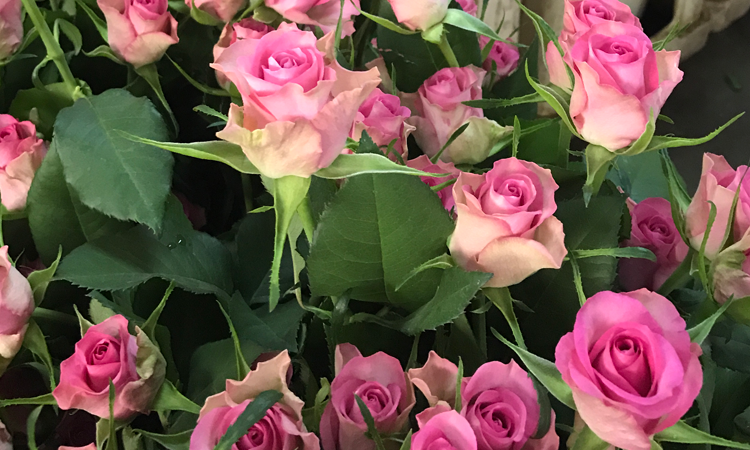Following the success of the Women’s School of Leadership in Fairtrade cocoa-growing communities in West Africa, Fairtrade Africa is now replicating the initiative for the very first time in Ethiopia’s flower sector. Moreover, it is running an additional programme focused on tackling barriers to women’s economic development such as access to finance and involvement in decision-making.
Following the Fairtrade Foundation’s She Deserves campaign to increase women farmers and workers’ incomes, this four-year programme aims to build on Fairtrade’s impact and will benefit more than 11,000 flower farm workers. It will deliver training in seven flower farms in subjects such as workers’ rights, gender equality, offer strengthened support for gender committees and work with trade unions to advocate for fairer wages and improved structures to empower women on Fairtrade certified farms.
Announcing its funding, which will benefit workers at Herburg Flowers where it already sources roses, Fritz Walleczek, Managing Director of Corporate Responsibility at Aldi UK, said: “It’s essential to support the countries around the world where our products are produced in order to address equality challenges and create fair and supportive working environments.
“We are focused on maintaining high standards throughout our supply chain and are partnering with Fairtrade to both empower and protect women, and to give them the tools and support they need to take on leadership roles on farms in their communities.”
Euan Venters, Commercial Director, The Fairtrade Foundation, said: “We’re delighted that Aldi UK, one of the UK’s largest retailers of Fairtrade flowers, is going further to promote sustainability in its supply chain by announcing its support for this exciting new programme. Fairtrade exists to get workers a better deal and through intensive training this programme will build on the improvements already made through the Fairtrade Standards and give women more opportunities to progress.”
In 2016 more than $7.5million in Premium was generated from sales of Fairtrade flowers, which has helped to fund projects such as adult education classes, free childcare and heath checks that workers benefit from. Furthermore, the Fairtrade Standards have also helped the sector make progress in increasing wages, reducing pesticide use and protecting workers’ rights.
The four-year programme will build on and complement the achievements made from sales of Fairtrade flowers, and is being delivered by Fairtrade Africa, Fairtrade Finland, the Fairtrade Foundation and the Ethiopian Horticulture Producer Exporters Association, with funding from the Ministry for Foreign Affairs of Finland, The Swedish Post code Lottery and Aldi UK.
